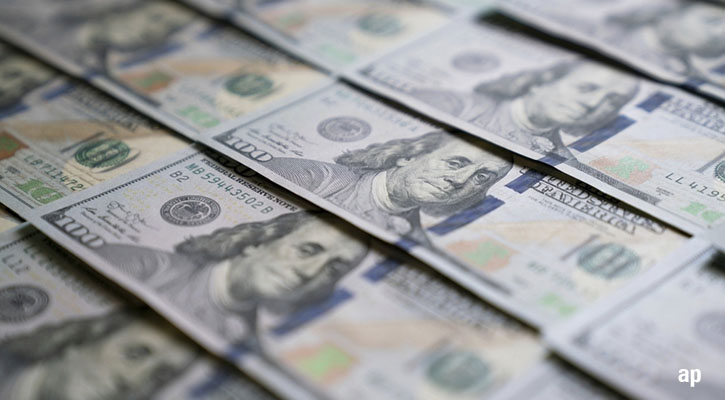
2023 arguably has been the year of fixed income. And it appears that this trend will persist for a little while longer. Tai Hui, chief market strategist for Asia at JP Morgan Asset Management, also prefers fixed income, at least until the Federal Reserve sends a clear indication of an impending rate cut.
“If a client comes with 100 dollars new cash to invest, I’ll probably start with building a fixed income portfolio and will still be overweight fixed income at this point,” says Hui, who thinks the ability to generate income remains the major appeal of fixed income securities in a portfolio.
“Not to say that I’m not allocating to equities, but I think my sequence of allocation is that I will focus more on fixed income now, and over the course of the next 12 months, gradually increase my allocation into equities. Especially when the U.S. economy starts to bottom out and the Fed starts to hint about cutting rates – that becomes a sweet spot for equities,” he continues.
Investment Grade Bonds Have Underperformed So Far, But This Will Change
During an economic slowdown, investment-grade bonds may outperform high-yield bonds. Hopes were high at the beginning of the year that this would be the case in 2023. “Right from the start of the year, and I think a lot of our peers did the same thing, they’d focus more on investment grade, and less on high yield because they worry about spread widening.”
The reality was, with a resilient U.S. economy and a hawkish stance of the Fed throughout the year, investment-grade bonds underperformed.
He continues: “The fact that the U.S. economy did not decelerate, and default rates continue to be very low, has allowed investors to clip the coupon on high yield. I think that's what led to the high yield outperforming investment grade and that, to me, is the one of the pain points of this year.”
Manager Sees Softness in the Economy
While Hui describes his calls on investment grade bonds as his “pain calls” for the year, he isn’t changing his view that the economy will weaken. The preference for higher-quality issues is also unchanged at this point.
“If I suddenly switch [to liking high yield bonds] now, my biggest concern is that I'm running against the economy this time around. I still think the economy is going to decelerate, especially with bond yields behaving the way they have been for the last four to six weeks.”
He says: “We do see some softness in the economy. The job numbers are still great, but they're less great than six months ago. The politics is starting to heat up, and business sentiment continues to be very conservative.”
On the flipside, Hui observes that the U.S. high-yield credit spreads are incredibly tight, flagging some risks. “That, to me, suggests that the market and investors at least are reflecting a picture-perfect U.S. economy, which is a bit too optimistic and almost complacent.”
For the near term, he warns that yields could go further up. But this time, it could be caused by the technical bond supply side of the market. He continues: “If the economy does weaken or slow down or flirt with recession, yes, even investment grade will see some spread widening. But that usually gets offset by lower treasury yields. There’ll be some price stability and what's left is the coupon, the income from the investment grade.
Hui’s View on ‘Higher for Longer’
The latest projections and remarks from the Fed’s chair Jay Powell indicate that there will be no immediate respite from elevated borrowing costs. The institution has also adopted the “higher for longer” mantra as its stance, signaling a prolonged period of higher interest rates.
Hui warns this could turn into policy errors if interest rates are kept at a high level for too long. “[The prediction is] there’ll be one more rate hike before the end of the year, which I disagree with, and only two cuts before the end of 2024.”
He thinks the Fed may need to move earlier than this.
“I would expect to see the Fed starts cutting rates in the middle of next year. It's not like the economy will just suddenly collapse if they don’t,” says Hui, who gives his estimation based on that the Fed was on pause for an average of three quarters in the past five cycles.
There’s the risk that the Fed could unnecessarily amplify the breadth and depth of an economic slowdown. “If the Fed feels that inflation is still a menace and they really need to restore their credibility by keeping rates high, it could go longer. But the risk is that the economy slowing down would be harder than it needs to be.”
“My biggest worry is that they make a double error on being too slow at the start and being too slow to take the foot off the brakes,” he says.







:quality(80)/cloudfront-us-east-1.images.arcpublishing.com/morningstar/5FNGF7SFGFDQVFDUMZJPITL2LM.png)
:quality(80)/cloudfront-us-east-1.images.arcpublishing.com/morningstar/EOGIPTUNFNBS3HYL7IIABFUB5Q.png)

.jpg)





